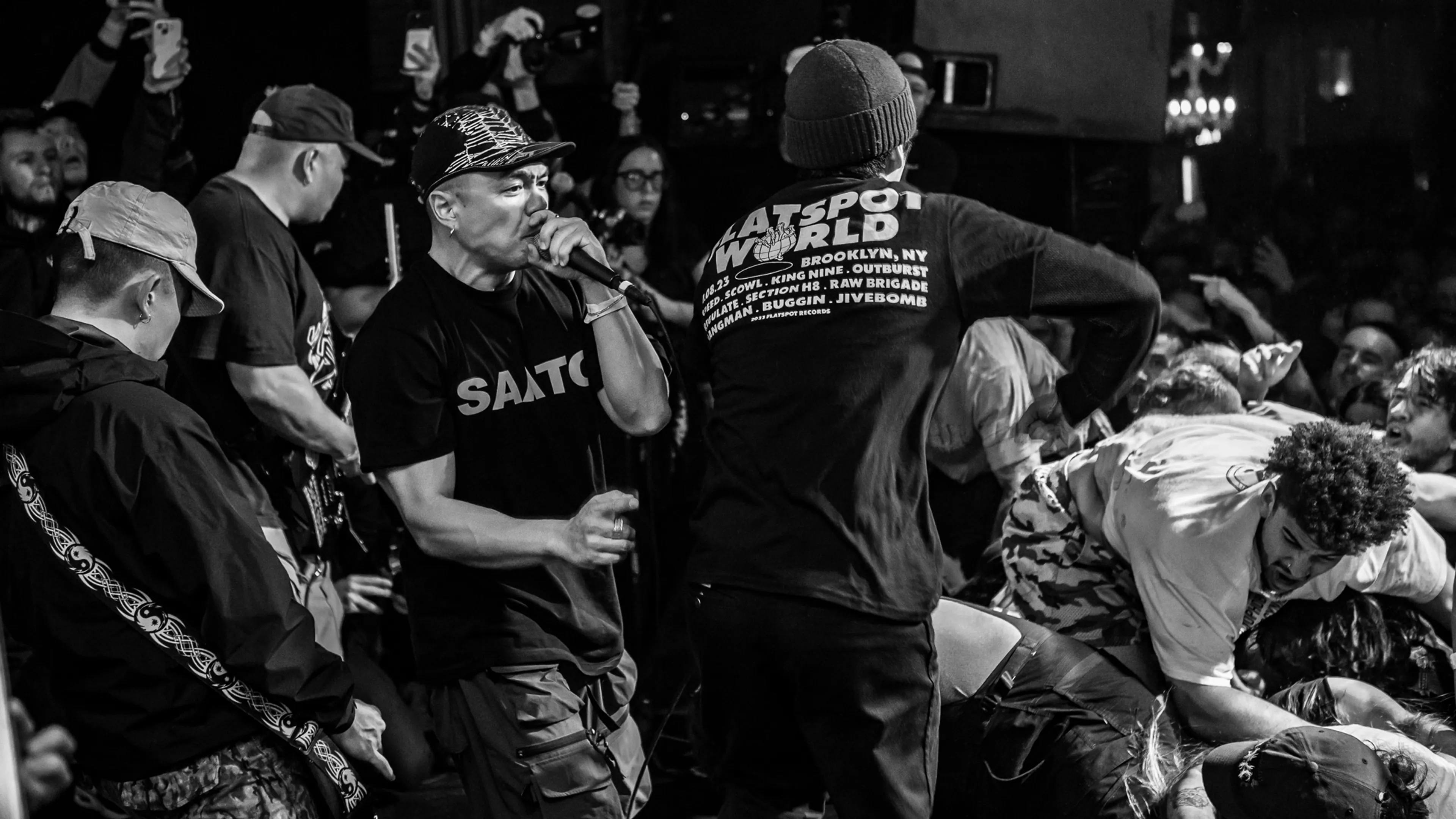That record was Trapped Under Ice’s wildly influential 2007 demo, which noisily introduced the world to Justice Tripp and his bandmates’ mix of concrete riffs and gut-wrenching feeling. Only two releases into Flatspot’s young life, it also introduced Che to possibilities beyond the small circle he thought his label would appeal to. “I’d known them since I was a teen,” he remembers. “I thought the sound was amazing, but I thought we’d sell a couple copies in Washington, D.C. and Baltimore City. It was like a snowball effect.”
Ricky’s take on TUI is interesting because, from within the walls of Flatspot, he offers a fan perspective on a release that Che almost plays down because he is so familiar with its story on a granular level. “It was a fucking pivotal demo,” Ricky says. “The level of emotion that record has, in such a fierce way, is unmatched. It comes from a very real place, too. That’s something we want to do with all our records. Che didn’t have much experience putting out records, but he took a bet on his friends. I think that’s such a beautiful thing.”
Justice Tripp’s role in this story has another small, but important, twist. On returning to Baltimore from Long Island after a show, he passed Backtrack’s demo to Che. Ricky took point on a lot of the band’s dealings, so he ended up in dialogue with the label. In Che he found a hardcore nerd of similar stature, whom he’d later keep apprised of developments he came across while on tour. “Playing in the band, I was able to travel so much,” he says. “I was constantly sending Che new music. We’d be in LA, or Georgia, or Europe, and I’d be like, ‘This sound is popping off over here.’ It’s funny, now that I think about it, I was like an A&R scout.”
